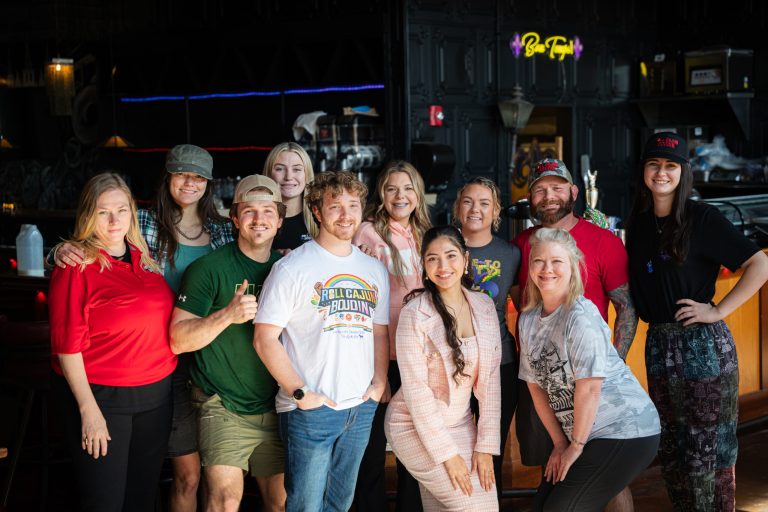Birmingham moving beyond the ‘food desert’ label
Reading time: 3 minutes
Birmingham’s food boom has also given rise to a big opportunity: solving hunger in the Magic City.

Through business, community groups, education and a network of approaches, the city is working diligently to provide its citizen with access to food. This work is vital to removing us from the USDA’s food desert map.
What is a food desert? A food desert is an area that lacks “fresh fruit, vegetables, and other healthful whole foods, usually found in impoverished areas. This is largely due to a lack of grocery stores, farmers’ markets, and healthy food providers,” according to the American Nutrition Association and the USDA.
A food desert can also be seen as an opportunity to work with one another for positive community building, and that’s exactly what we’re doing.
Here’s a peek at some city-wide efforts to feed Birmingham:
Downtown Revitalization
While the Pizitz Food Hall is huge news for our local restaurant industry, don’t forget about the Publix coming to downtown, too. (It’s slated to open in January, btw).
Access to buying fresh fruits and vegetables and lots of citywide dining options are key factors to feeding an entire community, and these two projects are doing just that. Some question the role of gentrification during Birmingham’s growth, but the Magic City’s efforts are diverse. That means we’re working to make differences in many ways.
National Recognition
We’ve landed on a lot of national lists lately, like Zagat’s “26 Hottest Food Cities of 2016” and Thrillist’s “7 Most Underrated Food Cities of 2015”, making Birmingham officially one of the nation’s up and coming restaurant hubs.
The Magic City welcomes its diners from near and far, and food tourism brings dollars to Birmingham. Even the Chicago Tribune is telling its readers to come on down and eat your way through Alabama. Let’s keep this up!
The Real Deal: Community Projects
While CNBC calls hunger among Americans a “dirty, little secret”, it’s no secret that Birmingham cares about folks having access to food. Here’s how:
- The Urban Food Project via REV makes sure that neighborhood convenience stores are stocked with fresh fruits and vegetables. REV also started the Farm to Community Hub, connecting local farms to restaurants by acting as a wholesaler. Restaurants like Ocean, Slice and Chez Lulu use the hub to source produce grown right here in Birmingham.
- The West End Community Garden and Cafe “trains and employs young men from the community, hosts quarterly community events and garden classes, and provides support for local community gardens.”
- The Smithfield-Dynamite Hill Community Land Trust, Jimmy Hale Mission and Be a Blessing also work to provide everything from affordable housing to feeding our city’s homeless during the holidays and all throughout the year.Go, Birmingham, go! Know of any more community projects working to end hunger, promote local food initiatives or support Birmingham via food? Give them a shout out in the comments and share the love, ya’ll!



